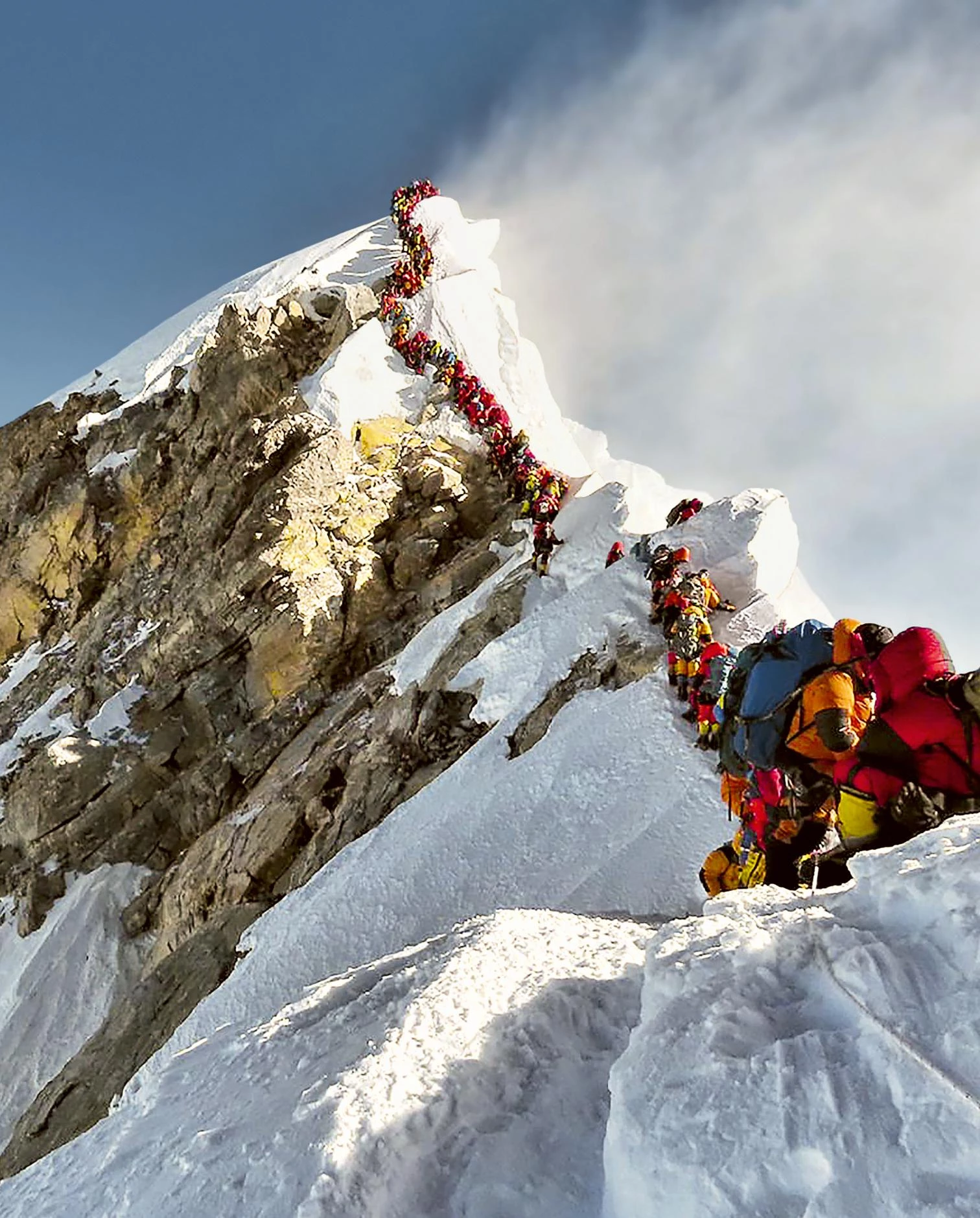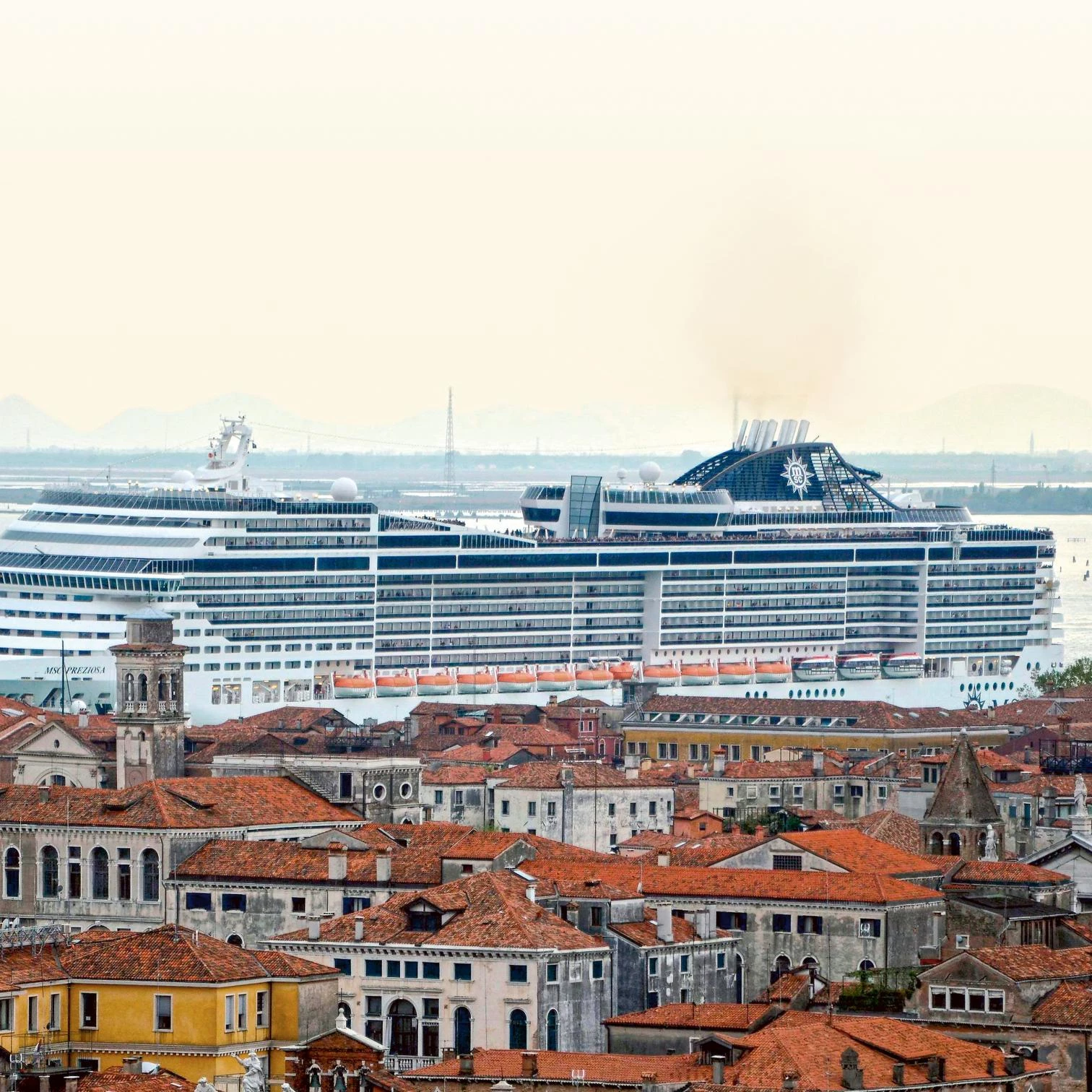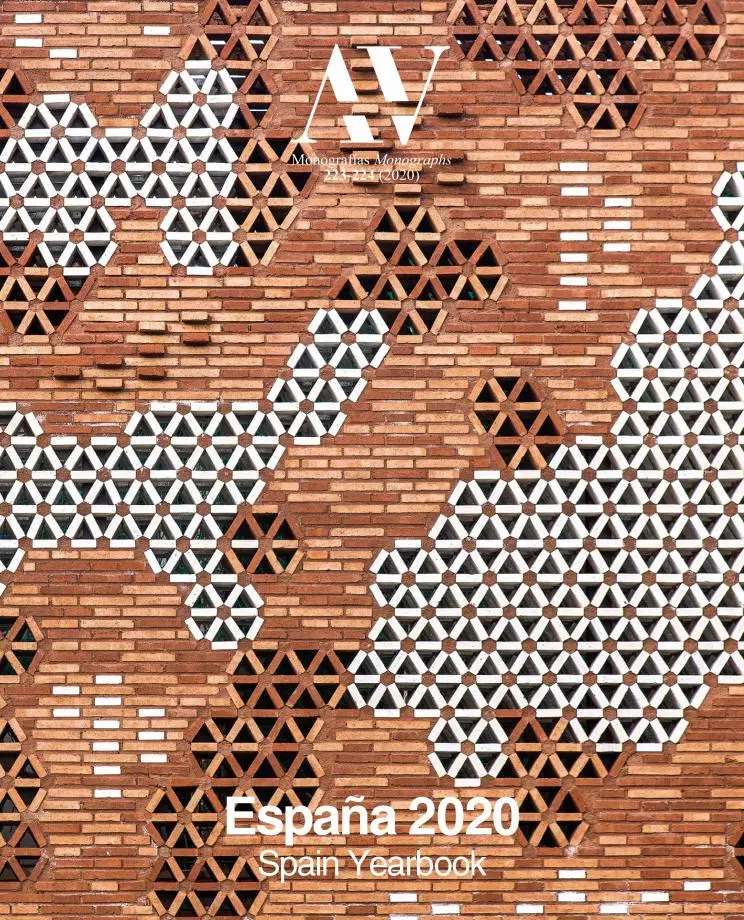
We are tourists, and pretend being travelers. Mass tourism used to be depicted with a cruise ship overwhelming the delicate scale of Venetian palazzos, but today the best representation of excess is the exceptional photograph of a jam on the Everest. Taken on 22 May near the peak by Nirmal Purja, the image shows mountaineers equipped with oxygen taking advantage of the good weather to reach the summit, something that over 200 achieved that day. That week left ten victims, none as a result of accidents, and both sherpas and the Nepali Ministry of Tourism attribute the deaths to a traffic collapse. The transformation of passengers into cruisegoers debases the experience of travel and the urbanity of port cities; but the mutation of mountaineers into heights tourists destroys the epic of the climb as well as human lives.
Tourism’s last frontier, however, is not the Himalayas but outer space. NASA announced on 8 June that it would open the International Space Station for private travel in 2020, with 30-day stays at a cost of 50 million USD, which will be used to finance other Agency projects. This decision follows the precedent of the Russian Federal Space Agency, Roscosmos, which had seven space tourists in the same Station between 2001 and 2009, and in 2017 launched the project of building in it a new module fit out as a luxury hotel with four bedrooms, bathroom, and gym. And competing with the state agencies, up to twenty private companies are developing space tourism projects, among them Richard Branson’s Virgin Galactic, which operates from its base at Spaceport America, designed by Norman Foster and inaugurated in 2011.
Meanwhile, in our modest sublunar world, cheap flights and the universal use of cars move the crowds that cram up in popular destinations, be they monumental cities or charming villages, sunny beaches or natural parks, filming locations or historical sites. Countries and regions compete to attract visitors and to host major events, while tour operators optimize profits using big data, and people living in touristic cities counter the benefits of economic activity with the inconveniences of soaring real estate. But we are all tourists, and it is hypocritical to complain about our cities or our peaks being invaded: crowding will call for regulation, and until then we must remember that Venice exists beyond Piazza San Marco, that there are other climbable summits, and that the beauty of the world can be found in a grain of sand.







